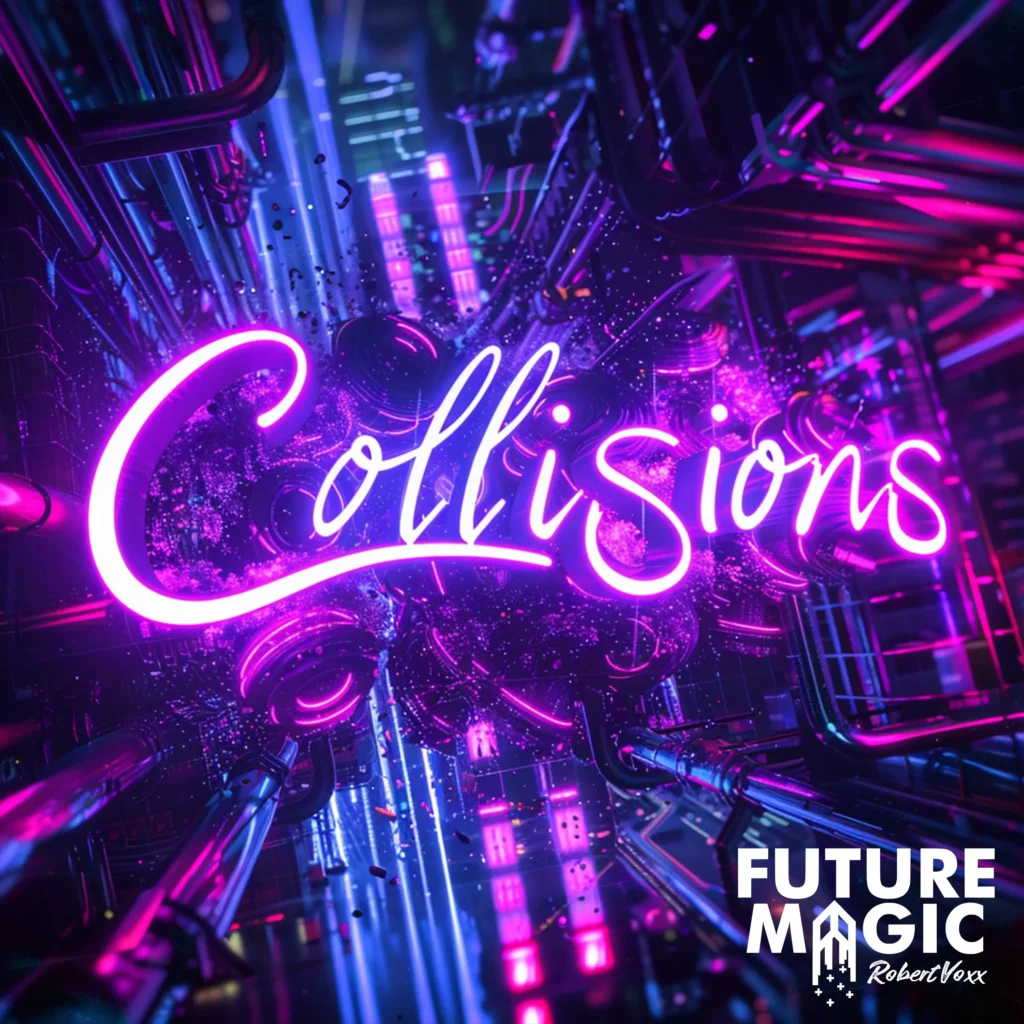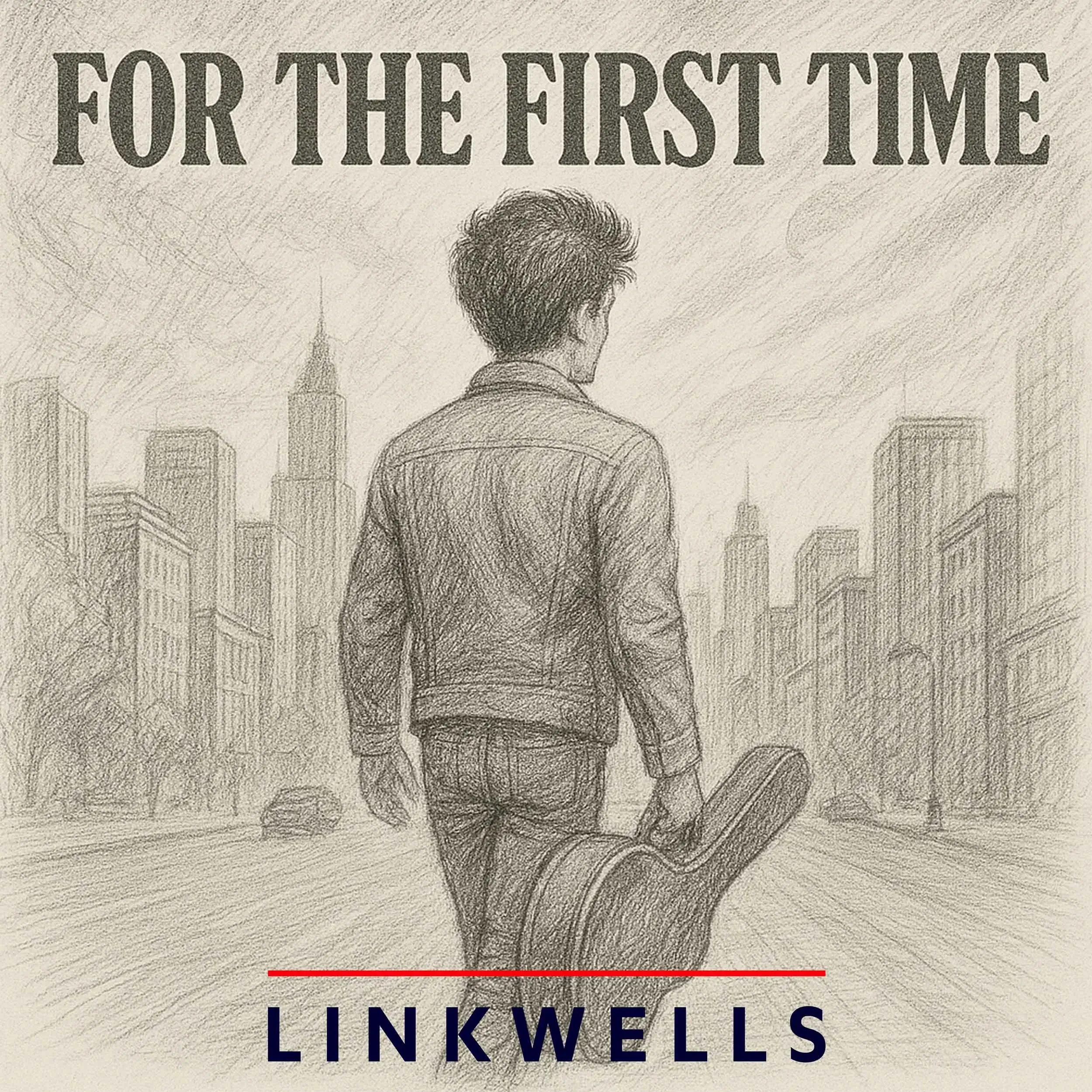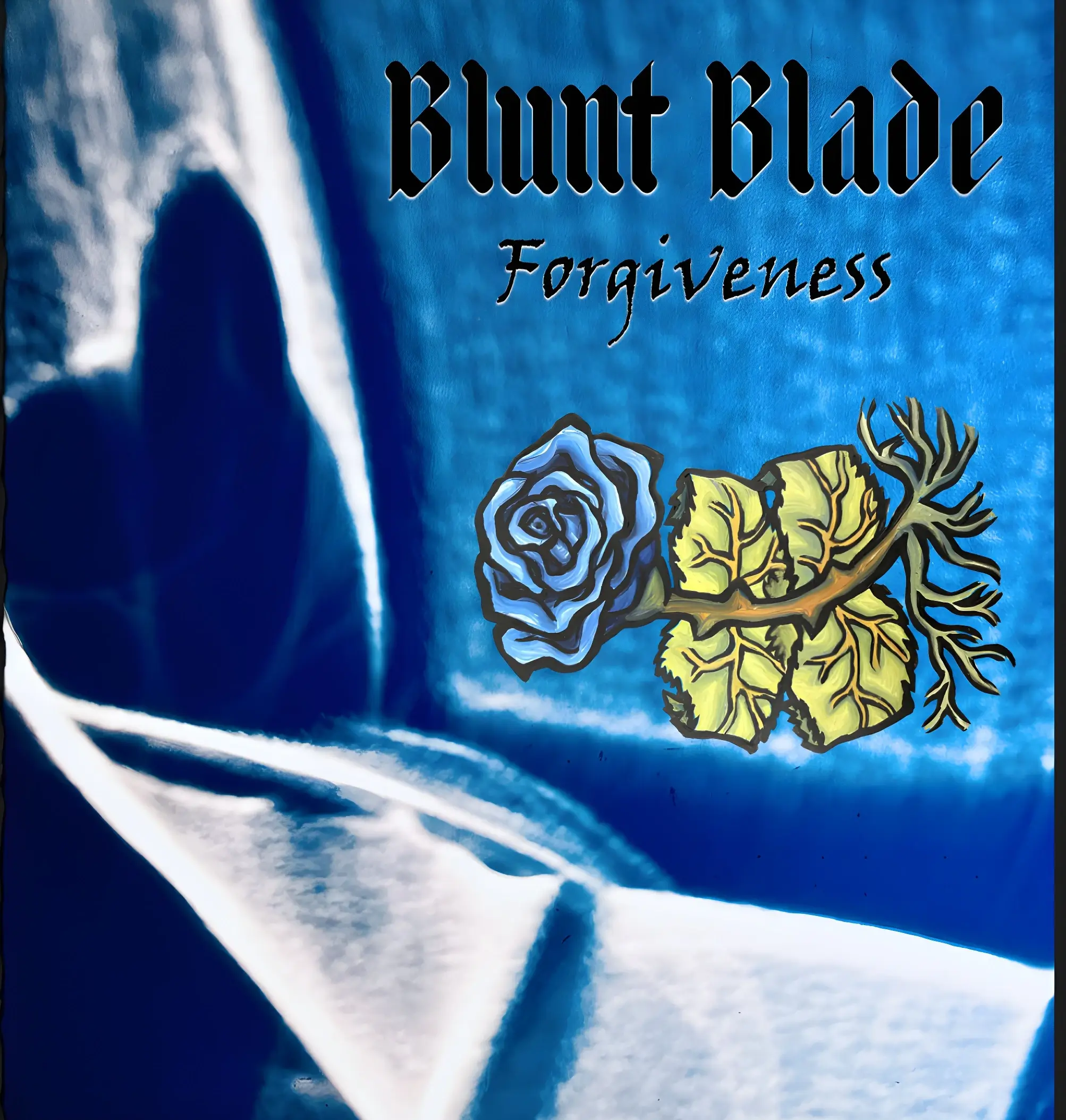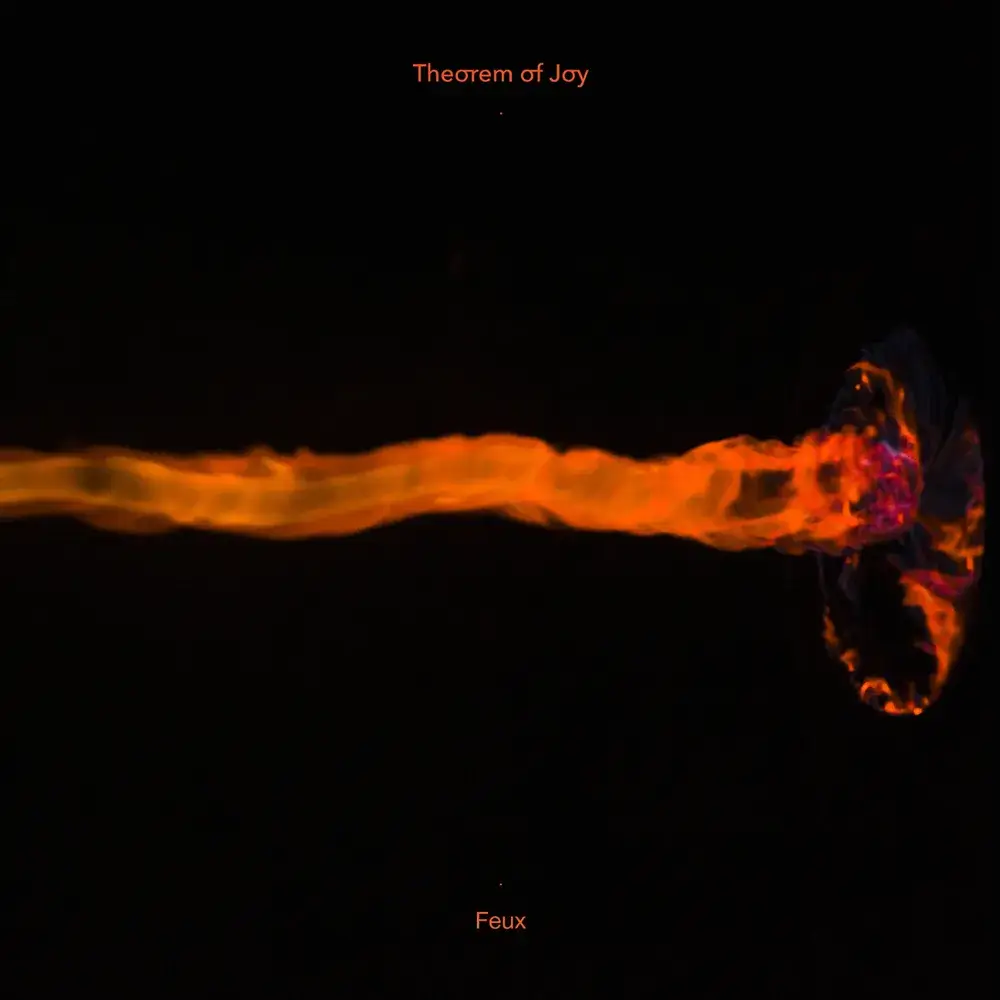There’s a particular kind of electronic music that sounds less like it was written and more like it was exorcised. Collisions by Future Magic & Robert Voxx is that kind of record; the kind that doesn’t arrive to make a scene, but to make sense of one. It’s five tracks of emotional detonation disguised as EDM, built from grief, relapse, and recovery. You can tell from the first drop that this isn’t a playlist-chasing “banger.” It’s a plea for air.
Both artists were living through hell while making it. Voxx was still grieving his brother’s suicide, which becomes the EP’s central gravity well, while Future Magic was clawing his way out of addiction. Most electronic music gestures at euphoria as an aesthetic; here, it’s an act of survival. The pair seem to understand that real catharsis is messy and often ugly and that makes Collisions feel startlingly honest.

The opener, “Typhoon,” might as well be subtitled “grief, but make it metalcore.” It starts like an EDM track and ends like a collapse. The guitars roar in like a memory you thought you’d buried, the drums take on that A Day To Remember chaos energy, and when the drop finally hits, it’s less of a release and more of an implosion. Marshmello wishes he felt this tired. It’s a storm that doesn’t cleanse; it just wrecks everything you thought you’d rebuilt.
Then comes “Remedy,” which doesn’t sound like a cure so much as someone remembering what healing feels like. It’s all shimmering synths and hopeful chord progressions — the kind of melodic swells you’d expect from Illenium or Said The Sky. But listen closely and there’s grit under the gloss; the percussion is slightly too sharp, the vocal mix just raw enough to betray a human behind the autotune. It’s the sound of someone trying to hold themselves together with melody and reverb.
“Chemicals” is, fittingly, about addiction. It flirts with the kind of euphoric high Cash Cash or Tritonal might chase, right up until the dubstep bonus drop sucker-punches you with distorted self-awareness. It’s not a song about wanting to get high; it’s about realizing you already are; and that the comedown’s going to hurt like hell. There’s something disarmingly vulnerable about the way the production glitches and gasps; a reminder that all this technology, all this sound, can only barely contain what it’s trying to express.
Then there’s “Crosswinds,” which opens with acoustic guitars a jarring moment of organic warmth after the previous chaos and builds into something that wouldn’t sound out of place among melodic dubstep greats. It’s the calm between relapses, a fragile truce with yourself. The melodies shimmer with exhaustion and relief, like the moment you stop running and realize you’re still here.
Finally, “Collisions.” The emotional keystone. The track where everything unravels and, somehow, reknits. It begins with delicate piano chords straight out of a mid-2000s adult alternative hit à la Keane or The Fray, before ascending into an Illenium-sized drop that feels like grief transcending language. You can hear Robert Voxx processing loss in real time. It’s not sentimental; it’s raw, ugly, and absolutely devastating. And then it’s over, leaving behind a quiet echo the kind that feels like silence has weight.
What makes Collisions remarkable isn’t its polish or its production tricks. It’s that it understands EDM can be intimate, even fragile. Future Magic and Voxx use electronic sound not as armor but as exposure. Every build and drop is an emotional gamble, and somehow they keep winning.
If you listen to enough of this genre, you start to expect emotional shorthand the safe highs and tidy resolutions. But Collisions refuses neatness. It’s about surviving without pretending you’re fine; about waking up in the ruins and deciding to build something anyway.
By the end, there’s no triumphant outro, no sense that everything’s been fixed. Just two artists who’ve been through hell and come back humming. And maybe that’s the point: that the only real drop worth chasing is the one where you fall apart and still get up again.
Follow Future Magic
About the Author

A tenured media critic known working as a ghost writer, freelance critic for various publications around the world, the former lead writer of review blogspace Atop The Treehouse and content creator for Manila Bulletin.










